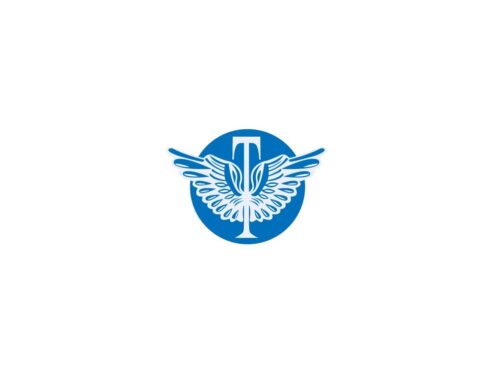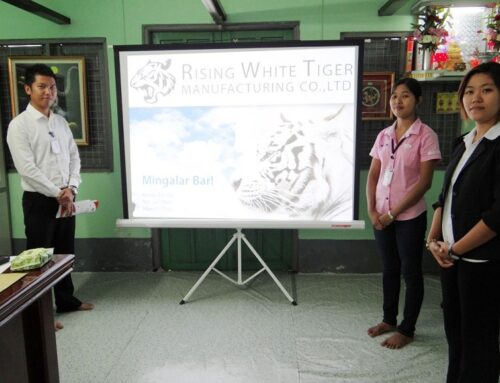
H.E. U Myat Hein, Minister of Communications and Information Technology, discusses key strategies and projects in Myanmar’s ICT sector.
European Times: What are your ministry’s priorities?
H.E. U Myat Hein: Myanmar was left behind in economic development and ICT-services penetration, and that is why we are now reforming the sector. We drafted a new telecoms law, which was passed in October 2013. It certainly is both a challenge and a priority for us to match neighbouring countries in terms of penetration and quality of services standards. We cannot do this alone and that is why we have selected two international operators – Telenor and Oredoo – who will compete fairly with our two domestic operators to upgrade the sector and ensure that we quickly catch up with the rest of the world.
Myanmar government is working on narrowing the gap between the developed and underdeveloped parts of the country. In this regard, we are highlighting areas such as health, education and rural development. I would like to highlight here that poverty reduction is also the Union Government’s top priority. You need only to think of concepts such as online and mobile banking, e-education and e-government, to know that the potential for the ICT sector to support the development of other sectors is great.
European Times: Myanmar is still seen as a high-risk market, and competition from neighbouring countries is high when it comes to attracting investment. What are the top reasons you can give for investing in Myanmar’s telecoms sector?
H.E. U Myat Hein: As a latecomer, Myanmar has the opportunity to leapfrog our development and learn from our neighbours. This presents an opportunity for investors, because Myanmar’s development will be rapid; and with the right approach, returns will be high. Investors are beginning to be aware of this; we received 91 bids from international investors during the bidding process for the two main international operator licenses we awarded. We are still issuing non-integrated licenses to foreign and local investors who wish to participate in our drive to offer affordable telecoms and ICT services throughout the country. Huge investment requirement for telecoms infrastructure building also presents more opportunities for Foreign Direct Investment in the sector. The government of Myanmar knows that developing the communications sector is essential for building those sectors that are so crucial to the social and economic wellbeing of our people, such as health and education. Therefore, we are making sure that our legal and regulatory framework are conducive to FDI and domestic public sector investments. In the process, we are being supported by international communities such as International Telecommunications Union, the World Bank and the ADB. By establishing a regulatory structure which is in line with the international best practices, I believe we will be able to give security to investors.
European Times: Myanmar needs thousands of kilometres of fibre infrastructure and more than 15,000 towers to be installed by 2015 in order to meet targeted levels of penetration. The estimated cost of this network-infrastructure investment stands at over €3.5 billion. How do you plan to finance this?
H.E. U Myat Hein: Our aim is to achieve a penetration rate of 75% to 80% by 2015-2016. We know that we cannot do this alone. That is why Myanmar Posts and Telecommunications (MPT) is looking for a global partnership with a suitable international telecom operator. We will need and look for a partner with technical expertise, a good financial track record, and the ability to assist MPT in human-resource development. In turn, as a partner, MPT will place great emphasis on being transparent and fair. The process through which we choose our partners has to be transparent and accountable as well, because, after all, the whole world now has its eyes on Myanmar.
European Times: What can you say to reassure our readers who might be concerned about corruption in Myanmar?
H.E. U Myat Hein: Myanmar has transformed itself into a democratic state and respect for the rule of law is becoming the norm, rather than the exception. We are upgrading our legal structure to international standards and are focusing on reducing corruption and inefficiency in government. That is the vision of our President, H.E. U Thein Sein, who always reminds us that the funds that we receive from international donors are only to be used on those projects and in those areas that have been clearly set out. That holds true not only for foreign grants but also for our own national budget. We are very careful in ensuring that the flow of funds is apparent to all, and I am confident that this enables us to build trust with our development partners, international and domestic investors and our general public as we carry out our reforms.
In this regard, I like to highlight the fact that the Union Government has also formed an anti-corruption committee, which is headed by the Vice President. Our MPs are scattered throughout the country and so their ears are to the ground and that is how the government is able to keep track of any misconducts among government ministries and agencies in utilising public funds.
European Times: What is your personal message to potential investors?
H.E. U Myat Hein: The ICT sector has become one of the key areas for investment in Myanmar today. Our country is developing rapidly and welcomes the support of foreign investors and partners. The communications and ICT sector has the potential to contribute immensely to the country’s GDP growth, and we anticipate continued strong growth in this sector for many years to come.




